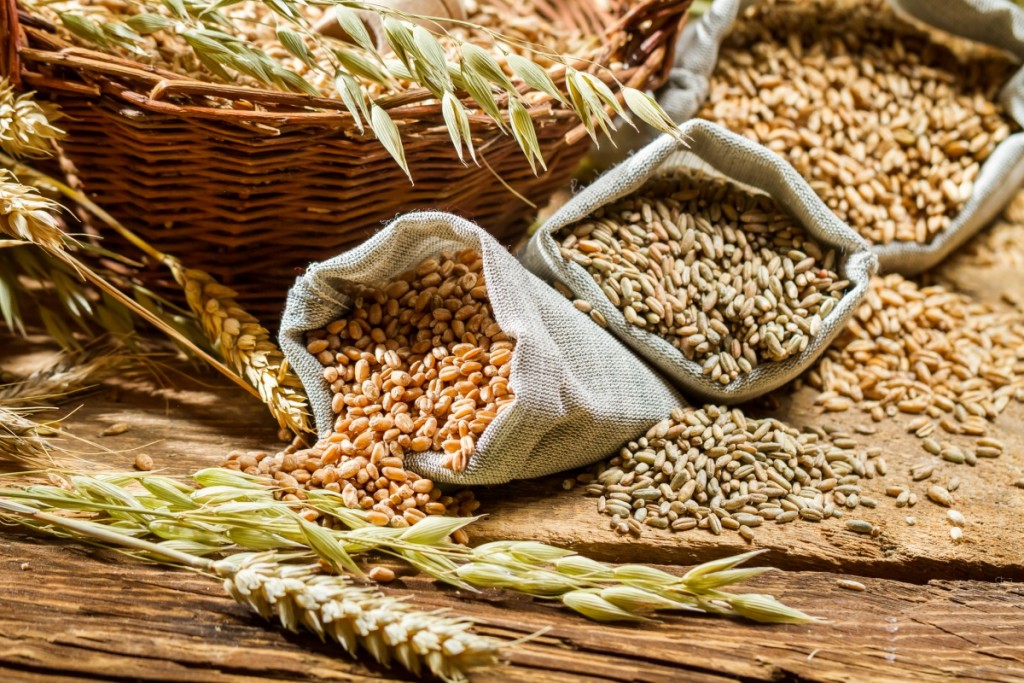How to Fill the Fiber Gap


Are you getting enough fiber? Even if you’re eating “healthy,” you may be a part of the population that falls into the “fiber gap” and falling short of the suggested intake, which can wreak havoc on your digestive and immune function.
The United States Department of Agriculture (USDA) recommends a daily fiber intake of 28 grams for men and 22 grams for women over 51 years old. However, the average American takes in only around 16 grams of fiber per day.
Not everyone enjoys the foods that are rich in fiber. Luckily, there’s an endless array of fiber supplements on the market. But which form (or forms) is best? We’ll tell you about three different fibers that offer immune support and improved intestinal health.
Why is Fiber so Fabulous For Your Health?
Not only does fiber fill us up so that we’re less likely to overeat, it supports various other aspects of health. Interestingly, a large study showed that individuals with the highest fifth of fiber intake had a 22% reduction in the risk of dying from any cause. That’s a pretty good reason in itself.
Fiber isn’t completely broken down by the human digestive tract. Don’t worry—this is a good thing! The undigested fiber gets fermented by beneficial bacteria living in the colon, which is important because there are breakdown products (byproducts) that are formed as a result of the fermentation process.
These byproducts are mostly the short-chain fatty acids acetate, propionate, and butyrate that nourish and protect cells that line your colon wall, which is key for improved digestive health and immune function.
Fiber also fights the culprit of many age-related diseases—metabolic syndrome (the combination of abdominal obesity, high blood pressure, imbalanced blood lipids, and loss of blood sugar control). Various studies have shown the ability of fiber to help with all of these factors.
Baker’s Yeast Balances Immune Function
Baker’s yeast provides a unique type of fiber called beta-glucan, which optimize your response to diseases and infections by “priming” your immune system.
There are numerous ways that the immune system gets supercharged such as improving the function of T cells (white blood cells that fight disease) and increasing salivary immunoglobulin A (your body’s first line of defense against cold and flu viruses).
Beta-Glucans to the Rescue
Your immune system is particularly susceptible to illness due to strenuous exercise and during times of stress. Two human studies have proven beta-glucans to be effective during these vulnerable times to reduce cold, flu, and upper respiratory symptoms, as well as boost overall well-being!
For you allergy sufferers who have an overactive immune response to certain allergens…supplementation with beta-glucans was shown to modulate immune function, and therefore provide a reduction in allergy-related symptoms! Relief is in sight!
Fulfill Health Goals with Additional Fibers
Psyllium fiber and fiber from the fruit of the Baobab tree bring additional benefits to the table. Psyllium aids in the production of beneficial short-chain fatty acids, which gives it the ability to reduce inflammation in the colon.
Psyllium plays a large role in combating metabolic syndrome by supporting healthy levels of cholesterol and blood sugar. Additionally, since psyllium seed husks swell in water, it’s demonstrated to be effective for constipation and reducing symptoms of irritable bowel syndrome (IBS).
Baobab fruit powder also helps to fight against metabolic syndrome. And it has unique prebiotic properties by promoting the growth of Lactobacillus rhamnosus, which is a beneficial bacteria strain important for supporting intestinal health.
The Bottom Line
Without sufficient fiber intake, your risk for a myriad of health issues increases. Beta-glucans, psyllium, and Baobab fruit can help close the fiber gap and ensure optimal health.
Source: Marie Parks at Life Extension